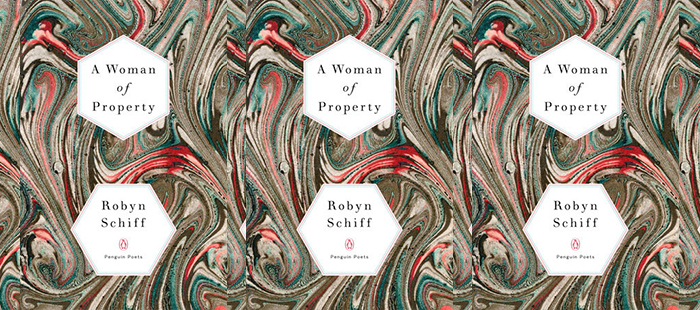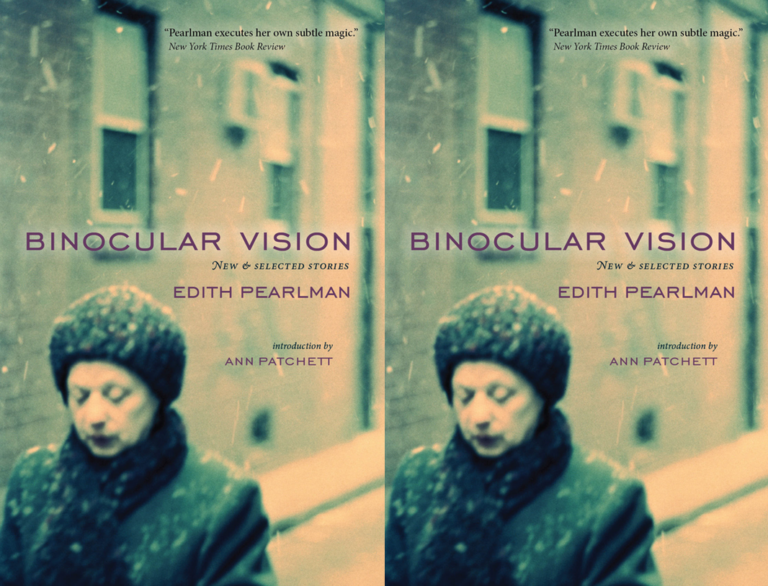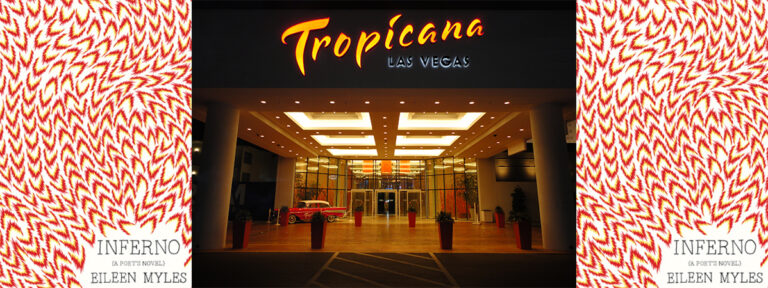Review: A WOMAN OF PROPERTY by Robyn Schiff
 A Woman of Property
A Woman of Property
Robyn Schiff
Penguin Random House (Penguin Poets Series), March 2016
96 pp, $20.00
A new kind of writing about motherhood may be emerging. Rachel Zucker’s and Arielle Greenberg’s Home/Birth, Brenda Shaughnessy’s Our Andromeda, Eula Biss’s On Immunity, and Maggie Nelson’s The Argonauts, for example, are conscious in a contemporary way about new possibilities of childbearing and parenting, about choices and agency, yet also connect to tradition. Robyn Schiff’s new book adds another dimension to this emergent canon by summoning the uncanny.
As the title A Woman of Property slyly hints, the poems focus less on the children themselves than on house and yard, which flicker back and forth from reassuring to ominous. The very title “Nursery Furniture” may make the reader relax, but this furniture is being ordered from the Land of Nod, a (real) company that shares a name with the territory to which Cain was exiled after committing fratricide. The poems’ setting is contemporary, but the atmosphere is out of the Brothers Grimm—drops of blood in the snow, wolves in the woods, even though “the woods / behind my house only go back a few feet / and are lit by a commuter / train.”
Novel dangers abound, as suggested by the titles: “H1N1,” “Amerithrax,” “Siren Test” (one tests a siren, after all, because one will someday need it, the wolf will one day break from the trees). Home is unheimlich, simultaneously safe and threatened; Iphigenia is sacrificed in one of a set of paired poems, rescued in the other. The book’s opening poem, “Gate,” evokes both Beatrix Potter (the gate by which Peter Rabbit enters and exits Mr. MacGregor’s garden) and Greek tragedy (the doors of the palace of Agamemnon, behind which any kind of mayhem may occur).
The House of Atreus looms up repeatedly; the speaker is re-reading the Oresteia.
“Don’t read that in bed,” my hus-
band said. Okay, okay, I’ll just
finish Jude the Obscure.
—that is, the Hardy novel in which a boy, after hearing his parents discuss their family’s perilous situation, hangs his half-sisters and himself.
Three of the book’s longer poems, “Nursery Furniture,” “A Hearing,” and “Siren Test,” are linked by a shared nine-line syllabic verse stanza. The technique invariably recalls Marianne Moore, yet here its careful precision counterpoints the unnamable disquiets of Shirley Jackson (“The earth wants my house / back”) or of Sylvia Plath—what Schiff does with ants in “Gardening” calls to mind what Plath did with bees in Ariel.
“The Houselights” concludes the book unforgettably. Schiff again (as in her Worth and Revolver) astonishes by her ability to juxtapose and create intersections among quite disparate events and ideas, but also creates the sensation of whirling out of control (“Only / syntax remembers; it’s out of my hands / now”) while maintaining over eleven pages the elegant equilibrium of a demanding syllabic verse stanza .
Reminiscent of other writers’ work at times, A Woman of Property nonetheless has a perspective on domesticity all its own, and may turn out to be an important book.


